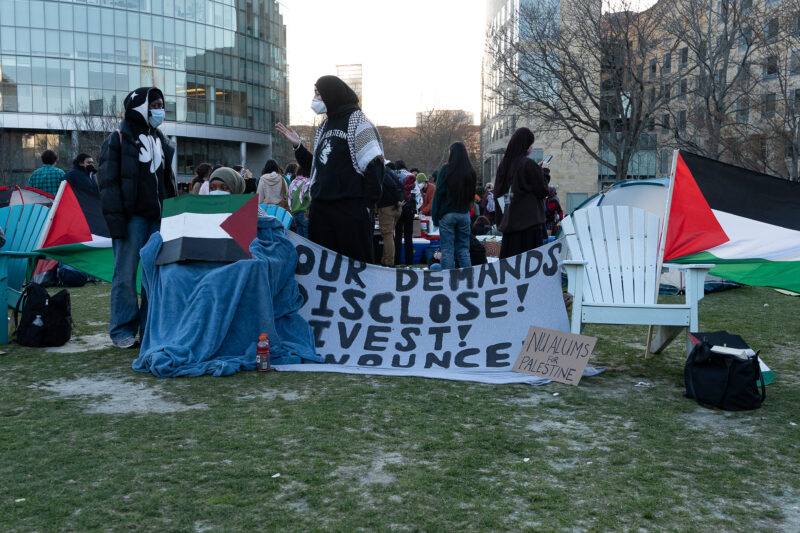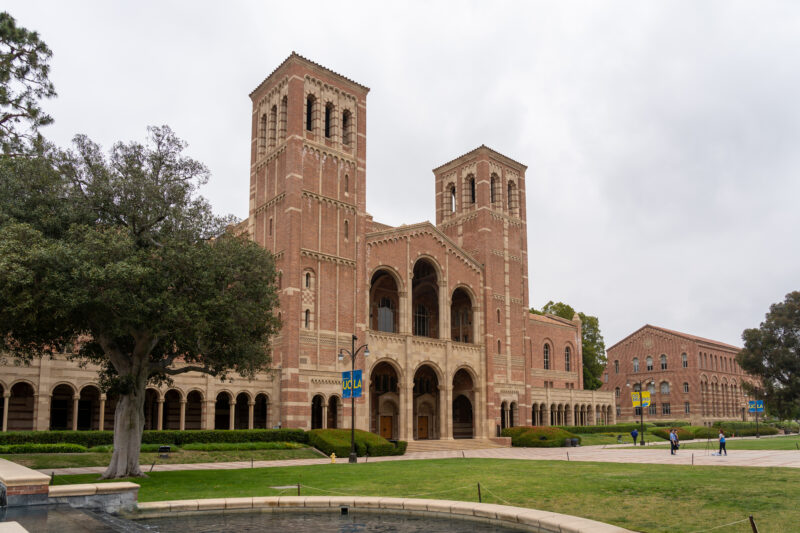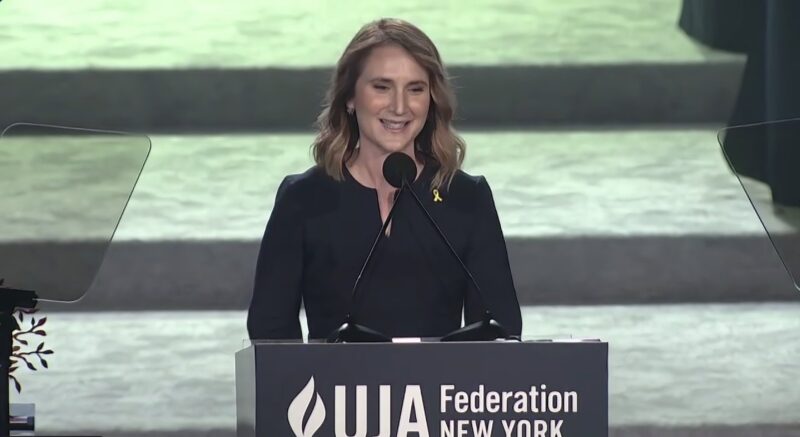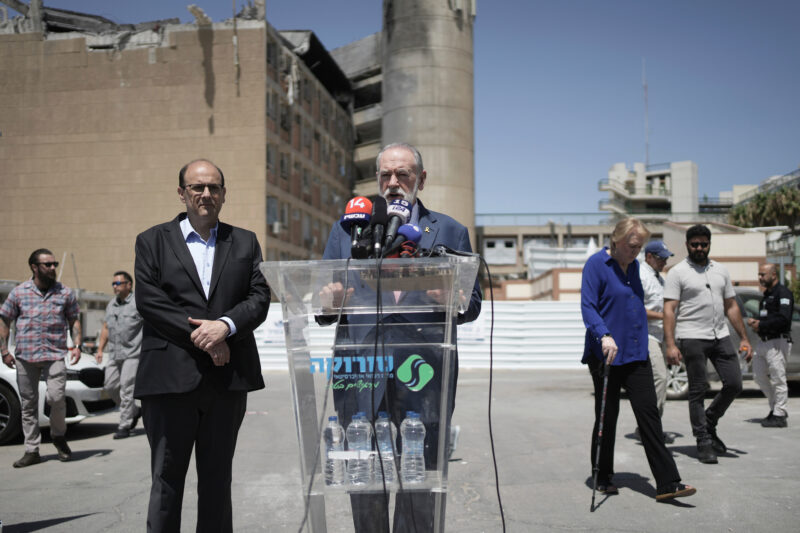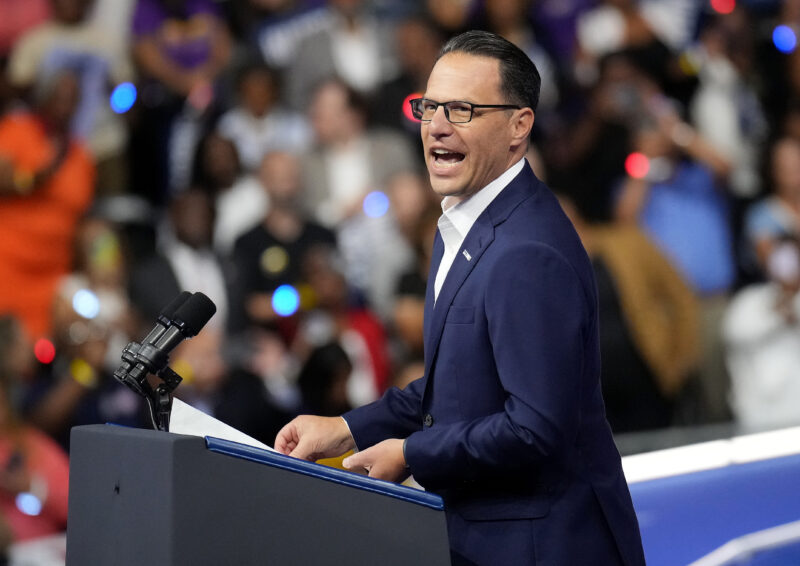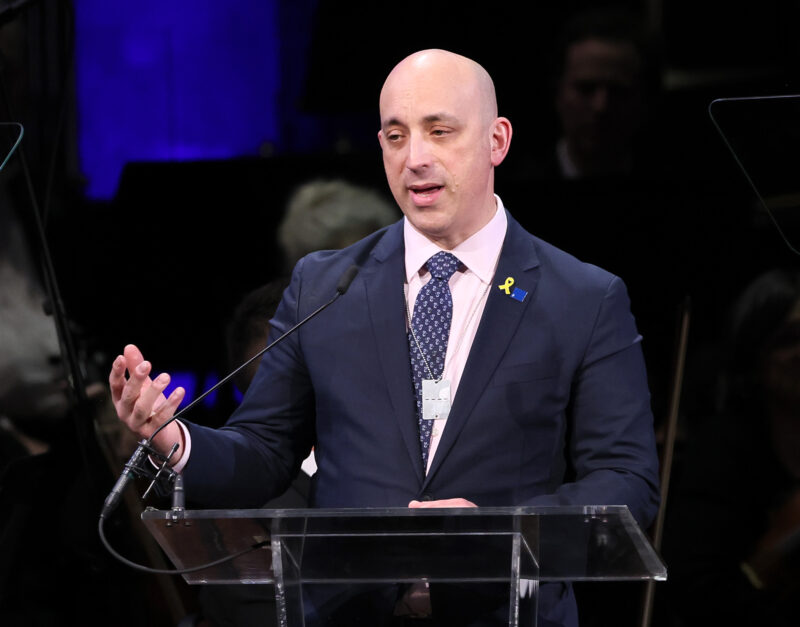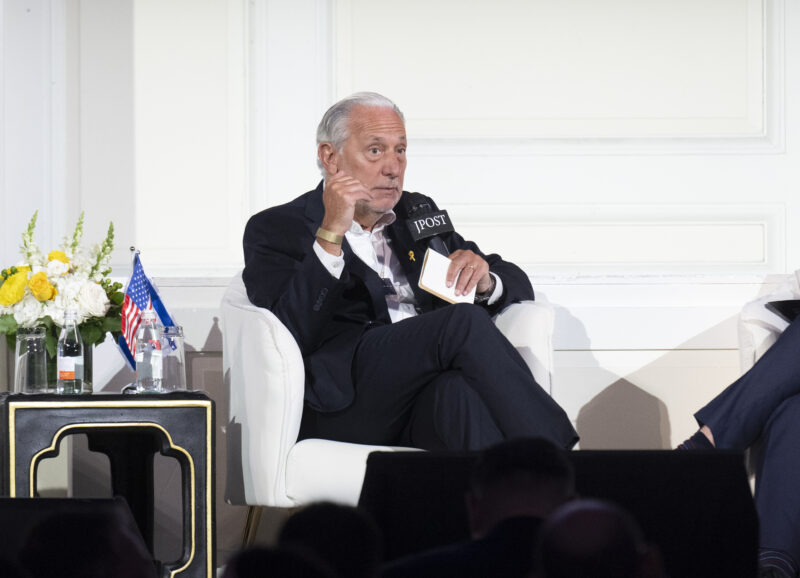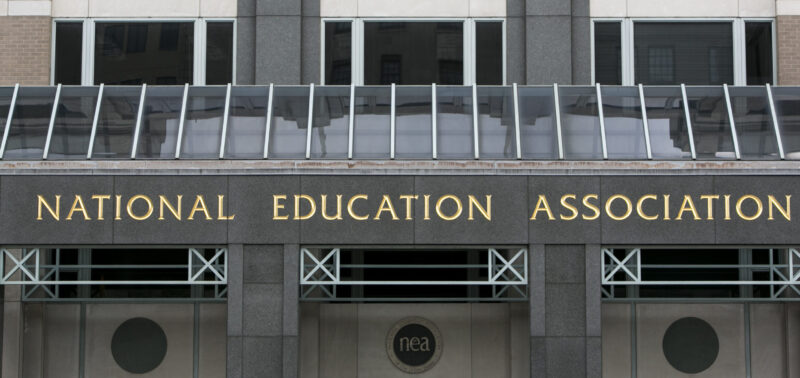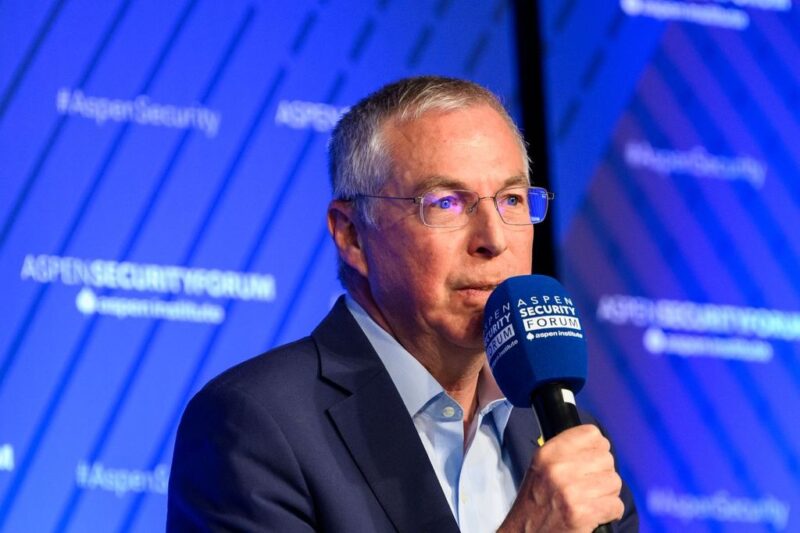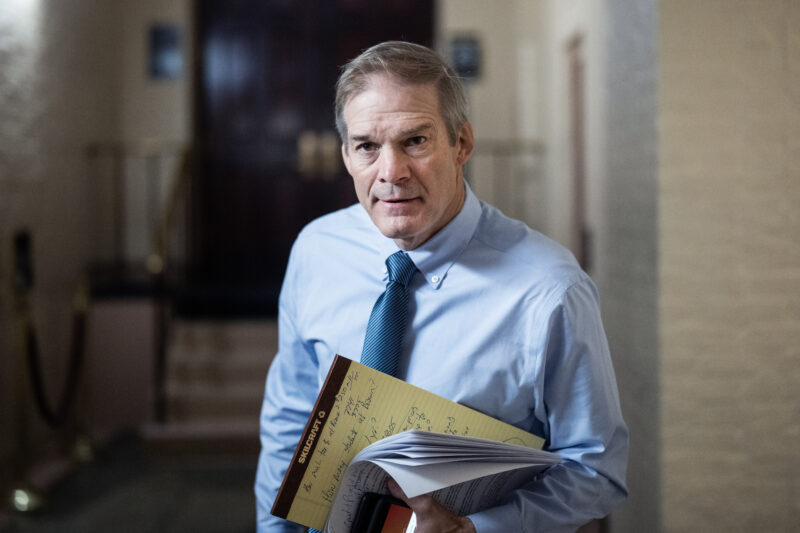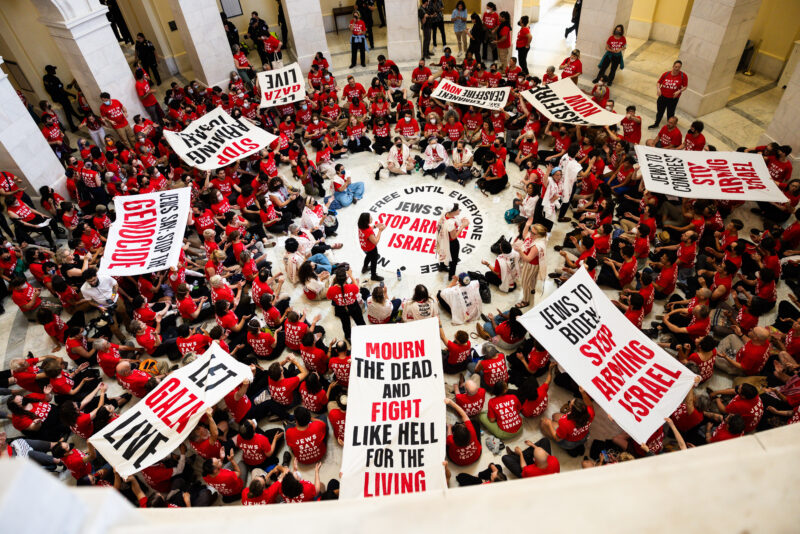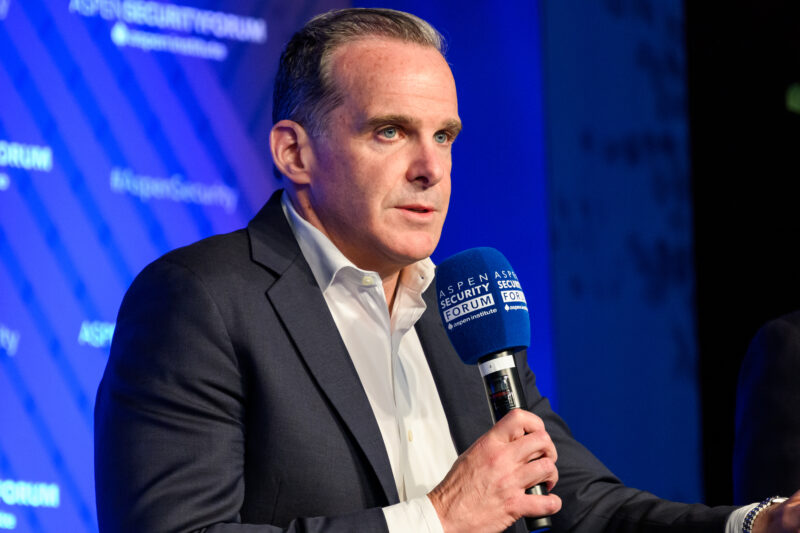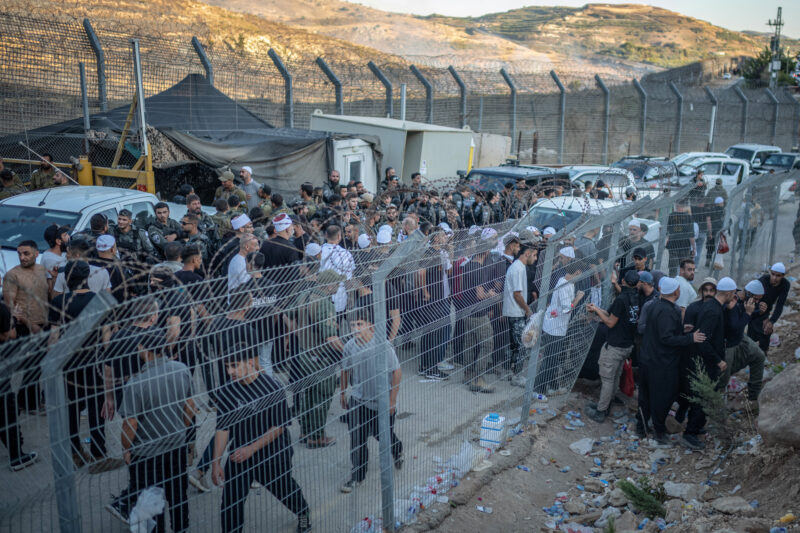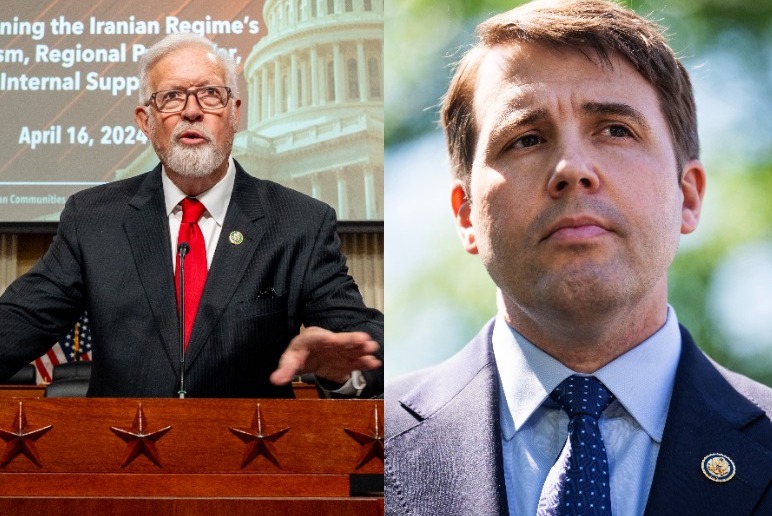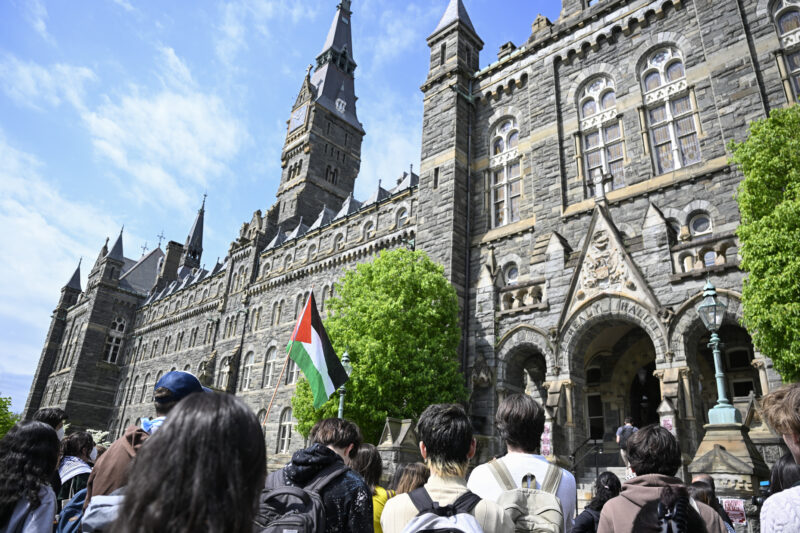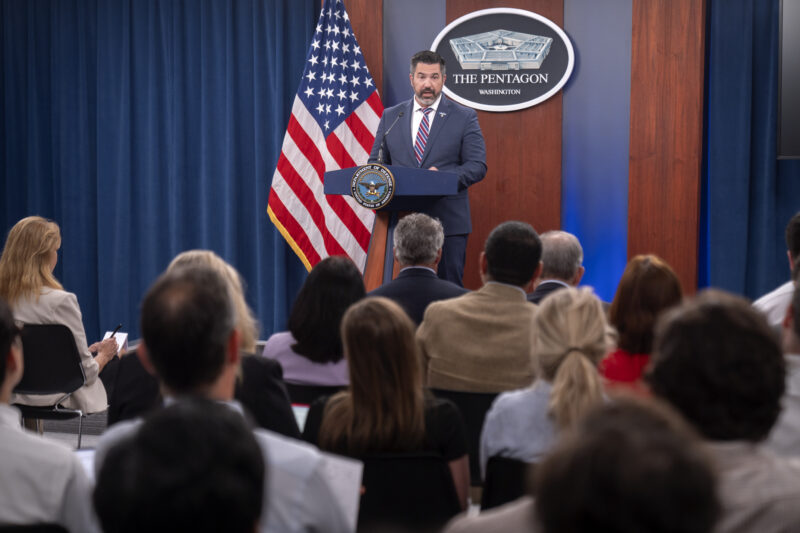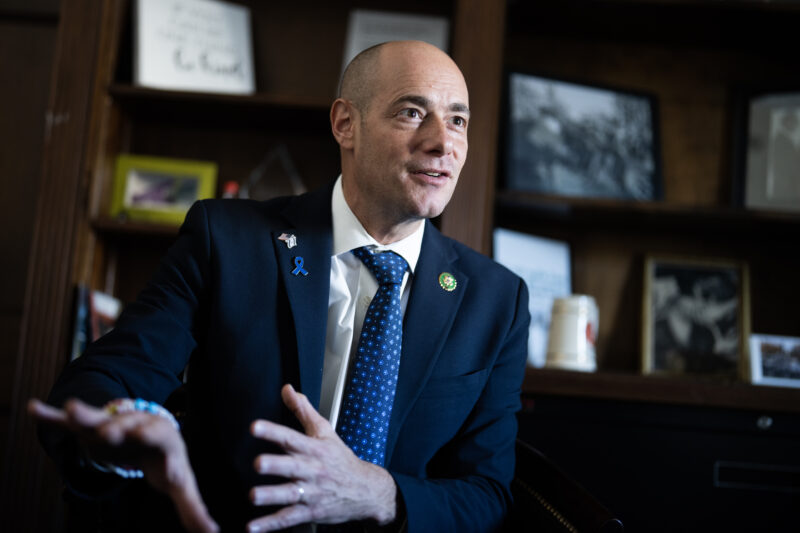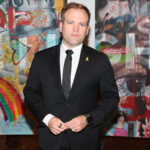Strikes come as Damascus, Jerusalem held U.S.-backed negotiations, but Israeli Druze doubt Syrian President al-Sharaa is ‘capable or wants’ to stop violence against minorities
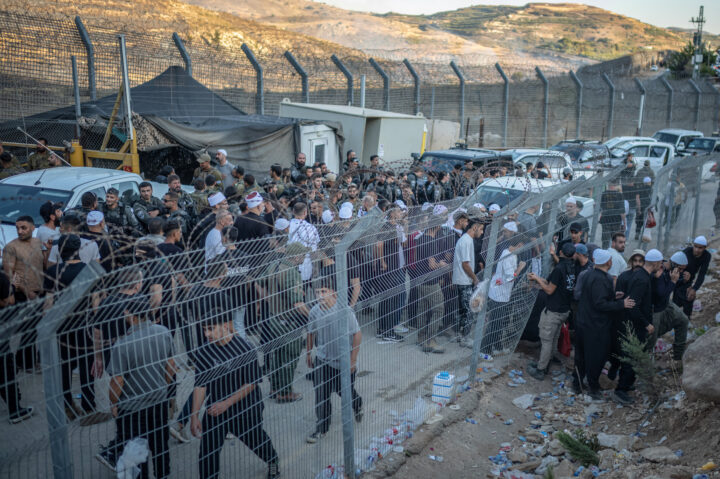
Ilia Yefimovich/picture alliance via Getty Images
Israeli Druze cross the border near Majdal Shams in a show of support for the Druze community in Hader on the Syrian side on July 16, 2025.
Israel struck the Syrian Defense Ministry’s headquarters in Damascus on Wednesday in response to violence against the country’s Druze minority, a week after Israeli Prime Minister Benjamin Netanyahu spoke in the White House of the “opportunity for stability, security and eventually peace” with Syria.
The strikes came after clashes between Druze and Bedouin groups that began on Sunday, leaving as many as 250 dead over four days in Sweida, some 25 miles from the border with Israel and in the area of Syria that Israel seeks to have demilitarized.
Syrian government forces entered the fray on Tuesday, saying they aimed to stop the fighting and bring about a ceasefire, which they said they had reached on Wednesday. Syrian President Ahmed al-Sharaa, formerly the head of the Syrian branch of Al Qaida, seeks to disarm Druze and other militias and have them integrate under the new government.
Israeli Druze called for Israel to intervene from the outset of the violence on Sunday, saying that their Syrian counterparts were being massacred, raped and tortured by forces aligned with al-Sharaa. In Israel, videos and images circulated of Druze religious figures’ mustaches being forcibly shaved off by men in military fatigues.
Secretary of State Marco Rubio said on Wednesday afternoon that Washington has “engaged all the parties involved in the clashes in Syria. We have agreed on specific steps that will bring this troubling and horrifying situation to an end tonight. This will require all parties to deliver on the commitments they have made and this is what we fully expect them to do.”
An Israeli official said that the U.S. had been in talks to stop the violence in Syria since Monday.
Reda Mansour, a Middle Eastern Studies professor at Reichman University, former Israeli ambassador to Brazil and a member of Israel’s Druze community, told Jewish Insider that “there is not really one Syrian army; it’s different armed groups that do what they think. It will take time until everyone is convinced to hold their fire.”
Mansour expressed hope that the Israeli strikes convinced al-Sharaa to “stop the rampage.”
The former ambassador compared the violence against the Druze in Syria to the Oct. 7, 2023 Hamas attack on Israel and said that the Druze in Syria had not faced such violence since the 1925 rebellion against the French Mandate.
“In the rebellion against the French, it was mostly between soldiers,” Mansour said. “This ISIS and Al Qaida-style attack is a massacre, rape, burning of holy sites, torture of the elderly and religious leaders.”
Mansour also said the community has not had electricity in three days and is running out of food and medical supplies, after attacks on the city’s hospital and its medical staff.
Syrian Druze “are in distress and they are asking [Israel] for help all of the time,” Mansour said, and argued that “al-Sharaa wants to get rid of the Druze.”
“If he wanted to stop the attack, it wouldn’t have happened,” Mansour said. “His people said they are coming to Sweida to defend the Druze from the Bedouin, and then they conquered Druze villages. The people murdering and torturing the elderly are wearing his military’s uniforms.”
On Tuesday, dozens of Israeli Druze men began crossing into Syria, breaching a border fence near the town of Majdal Shams in the Golan Heights.
Netanyahu called on the Israeli Druze to remain in Israel: “You could be murdered, you could be taken hostage, and you are impeding the efforts of the IDF,” he said.
Yet, on Wednesday, the number of Israeli Druze in Syria rose to at least 1,000. The IDF also used tear gas and other crowd control methods to stop Syrian Druze from crossing into Israel.
IDF Chief of Staff Lt.-Gen. Eyal Zamir said that Israel is “acting with determination to prevent hostile elements from establishing a presence beyond the border, to protect the citizens of the State of Israel, and to prevent the harming of Druze civilians … We will not allow southern Syria to become a terror stronghold.”
Zamir called on Druze Israelis to “uphold the law and preserve your lives. We are committed to you and your security and are doing everything possible to support you. I have ordered a further reinforcement of intelligence and strike capabilities in order to increase the pace of strikes and halt the assaults against the Druze in Syria as needed.”
Israeli Foreign Minister Gideon Sa’ar, who has held a hard line on al-Sharaa since the fall of the Assad regime last year, called on the new Syrian government “to come to its senses and to restore order,” lest it lose control of the country and risk the economic engagement it has sought with the West.
Sa’ar called on the international community to speak out against the violence against minorities in Syria, asking rhetorically, “What else needs to happen? What are they still waiting for?”
“We are seeing a recurring phenomenon of persecution of minorities to the point of murder and pogroms in Syria,” Sa’ar said in a briefing to reporters on Wednesday. “Sometimes it is the regime’s forces. Sometimes it is Jihadist militias that are the basis of the regime. And usually, it is both.”
Sa’ar pointed to violence against the Syrian Alawite community, the burning and bombing of churches in recent weeks and repeated waves of violence against Druze in Syria.
The foreign minister said that Israel will act to keep regime forces out of southern Syria and protect its border, and to protect the Druze minority.
Sa’ar also took aim at Western leaders looking to engage with al-Sharaa. “This is not a democratically elected regime,” he said. “Because sometimes, when I am in political meetings [with foreign counterparts], people talk to me about the ‘transition.’ This is not an elected regime at all. This is a regime that … took control by force.”
Sa’ar later spoke to his counterparts in the EU, Germany and Greece, pointing out that the EU set the protection of minority rights as a condition for lifting sanctions on Syria. Sa’ar said there is a “consistent pattern of exploiting these riots [against minorities] for the regime’s interests.” He also called the Syrian government’s claim that there would be an independent investigation of the events a “farce,” noting that al-Sharaa made a similar statement about the massacre of Alawites in March, and no results have materialized.
However, IDF Lt.-Col. (res.) Sarit Zehavi, founder and president of the Alma Research and Education Center focusing on the security of Israel’s northern border, argued to JI that “Israel really had no choice.”
“It had to send a sharp and clear message of defense to the Druze in Syria because it committed to defending them, because the Druze in Israel are real partners,” she said.
In addition, Zehavi said that “whoever doesn’t protect minorities in Syria, especially those on the border [with Israel], will end up being attacked by the same jihadis.”
That being said, Zehavi doubted that the strike on the Syrian Defense Ministry would be effective and said that Israel should focus on targets that are relevant specifically to stopping the attacks on Syrian Druze.
Michael Doran, director of the Center for Peace and Security in the Middle East at the Hudson Institute, questioned whether Israel was certain al-Sharaa was behind the violence in Sweida. Doran wrote that he is not convinced that al-Sharaa “traveled to Baku and met with Israelis there, [and] then chose to provoke a conflict with [Israel] over the Druze,” referring to a meeting between Syrian and Israeli officials over the weekend.
“A policy that holds al-Sharaa responsible for forces he doesn’t control won’t strengthen him—it will weaken him,” Doran wrote on X. “In practice, it becomes a tacit, perhaps unwitting, vote for a disintegrated Syria. But a disintegrated Syria serves Iran more than it serves Israel. And it won’t help with Turkey either.”
Last week, Netanyahu praised President Donald Trump in the White House for having “opened up a channel” with the Syrian regime for negotiations. Talks were underway, with Israeli representatives reportedly meeting with al-Sharaa in the UAE and Azerbaijan last week, for a non-aggression pact between the countries, though not for normalization.
An Israeli official speaking about the future of Israel-Syria talks on condition of anonymity said on Wednesday that Israeli “policy is not based on illusions, but on reality. We want security first.”
Recently, Israel was willing to engage more with the regime in Syria because “things stabilized a bit,” the official said, “but we are not deluding ourselves. They are talking nicely … but there is a difference between what they say and what they do. As their neighbors, we cannot ignore what they do. We send messages [to Western countries] that reflect these things.”
Mansour, who is an expert on modern Syrian history, was skeptical that negotiations between Israel and Syria can be fruitful, saying, “There is not much hope for a political culture that will create stability … There is an inability of the Sunnis, the majority, to understand and accept that there are many minorities, over 30% of the population.”
The former ambassador said that regime-affiliated forces have been harassing minorities on a daily basis. “They enter Christian areas and call on loudspeakers to convert to Islam,” he said. “They check couples to see if they’re married and if not they harass them. There is daily pressure on the Druze, Christians, Alawites and Kurds, and it cannot continue. When they are threatened, they will react.”
Al-Sharaa, Mansour said, “does not look like he’s capable or wants to change it. He wears a suit and tie, but he was in Al Qaida from age 16 … He hinted he’s willing to let Israel keep the Golan Heights and that he wants peace, but on the ground the signs are not encouraging. He speaks nicely, but on the ground he wants to get rid of the Druze — and if he succeeds, he’ll attack the Kurds next.”
“The problem,” Mansour lamented, “is that the Americans believed his show.”
Zehavi said that Israel is likely to return to talks but will be better informed about where the al-Sharaa regime is headed after recent events.
“The first question is whether [al-Sharaa] controls his forces so they won’t massacre minorities, whether he really controls Syria,” she said.
This week also clarified Israel’s red lines for al-Sharaa, she said: “It’s clear why it is important for southern Syria to be demilitarized. You cannot mix Druze and jihadi militias.”











